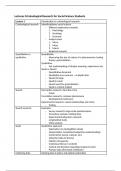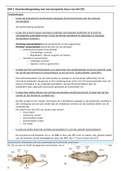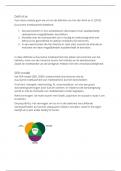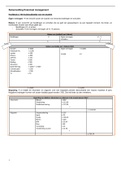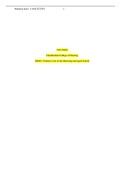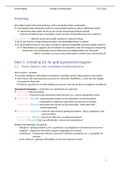College aantekeningen
Lecture notes of Criminological Research for Social Science students (RGBUSTR005)
- Vak
- Instelling
Concise summary of lecture notes of the course Criminological Research for social science students, which is part of the criminology minor at Utrecht University.
[Meer zien]
